The Book
There’s a book I’ve been writing for a long time, and it’s gone through many evolutions. It began when I was fifteen or sixteen and I read something online which made me wonder: what would the Sherlock Holmes series have been like if Holmes and Watson met during the Anglo-Afghan war?
Then I thought: what would it have been like for any two people of such distinct personalities to meet in a trench? What if a masterful, proud man was terrified of the war – what if he were battle shy or blood sick yet refused comfort? How would another character uncover his secret and comfort him?
But then I asked: well, what if there was more than this masterful character’s personality standing in the way? What if there was some huge social divide – and offering comfort became a question of morality rather than mere humanity?
What if the masterful, proud, terrified man was a murderer?
Then of course, the narrative cascaded: what was a murderer doing in the Afghan war?
Intense google searches ensued. I searched terms such as:
- PTSD
- The second Anglo-Afghan War
- The British army
- Psychopathy
- Ways to get out of a murder charge
And discovered, among other things, that they didn’t have trenches in the Anglo-Afghan War; it is actually extremely difficult to get out of a murder charge, and psychopaths aren’t very nice people.
The faith question
Finally I came to a cross-roads. I had a vaguely plotted narrative, a mountain of paper print-outs, and several vivid images of my two characters and their interactions. I even had names: Simon Millington & James Trevult (whose first names, incidentally or on-purpose, I can’t remember now which, share a first initial with Sherlock Holmes and John Watson).
I was all ready to go – but I had one quibble. Would this be a story about faith? So far I hadn’t thought about whether these two characters were religious. A strong Christian myself, it didn’t seem right or even possible to write a novel which never mentioned God, particularly one set in the 19th century, and dealing with life-changing questions such as: is it ever right or even possible to be friends with a murderer? And yet, the last thing I wanted to do was to ‘force’ my faith into the book: I was extremely wary of writing a ‘preachy’ novel.
To prevent that I decided that ‘Jim’ James Trevult would be a God-fearing doctor. But I couldn’t have him perfect, so he would struggle with his faith.
The essence of it all
I honestly can’t even begin to explain how different the story I wrote in 2012, and re-wrote in 2013, and rewrote once more a few years later is to the story I’m (still) re-writing now.
In fact, the only things that have not changed are the two main characters’ names and the setting of the Second Anglo-Afghan war. Supporting characters have been created, cut out, re-appeared, killed-off, come back to life, and been merged into one. The view point has changed, the central question of the narrative has even changed. Instead of “how can you like a murderer?” it has become “how can you trust a God who lets awful things like death happen?”
What I’ve learnt thus far
It has become (I hope) a more mature book – but, like Thursday’s Child, it still has far, far to go. Here are some lessons I learnt in my 3rd re-write. I didn’t expect to learn them, and in fact they came as quite a surprise to me, so I hope they are useful for other writers-in-training:
Leaving all the revelations to the climax does not a suspenseful narrative make. I almost don’t want to admit my foolishness… but I laboured long under the mis-guided perception that ‘suspense’ meant giving absolutely no answers to anything until the last few pages of the novel. Nope, sorry, that’s a recipe in creating a very confusing and rather shallow story. The earlier key points are revealed, the earlier conflict is introduced and the more time there is to deal with the theme in a complex manner.
Character arcs are slow business. Now, I knew build up was important. But similar to above, I believed that an interesting character was one about which the reader knows nothing. ‘Mysterious’ if you like. The problem is, if this goes on too long, it becomes a) repetitive, and b) a hindrance to actually getting them to change. The sooner the character starts dealing with their beliefs and troubles, the more genuine their final change is going to be. If you leave it till the last minute, their rebirth comes across as unrealistic.
The main character must have agency. I somehow fell into the trap of having huge problems… and a main character who can’t do anything and doesn’t do anything. Yet I discovered that it doesn’t matter if they’re caught in a web of events they did not choose. They must be the one to take action, the one to act on behalf of the audience, to do what the readers themselves would do (within reason).
Feeling annoyed? Just state it. I tried really hard to be subtle. To show and not tell. Yet in the attempt I found I simply became confusing, especially when talking about the MC’s emotions. Not to mention, it took forever! I discovered it’s often better to simply state his emotional state: “Trevult was frustrated” and then get on with the ramifications. Readers will not think any less of him for such an unsubtle revelation of his emotion, I think. Sometimes concise and unsubtle is better.
Don’t be afraid of moving it along too quickly. It’s much better to pick and choose which scenes I will dwell on. I’ve discovered, strangely enough, that the narrative becomes deeper when I allow the character to make lightning deductions or decisions, rather than dwelling and skirting the edges.
Cut out the bits of you. I’ve noticed that the sentences and scenes that seem to clog up the narrative are almost always ones that I’ve lifted straight from real life, from my life. They’re my “darlings” and most of the time, the novel is a lot better without them.
I have much, much further to go – and much, much more to learn. Sometimes that’s frustrating, but most of the time it’s amazing. I’ve always enjoyed journeys, after all.
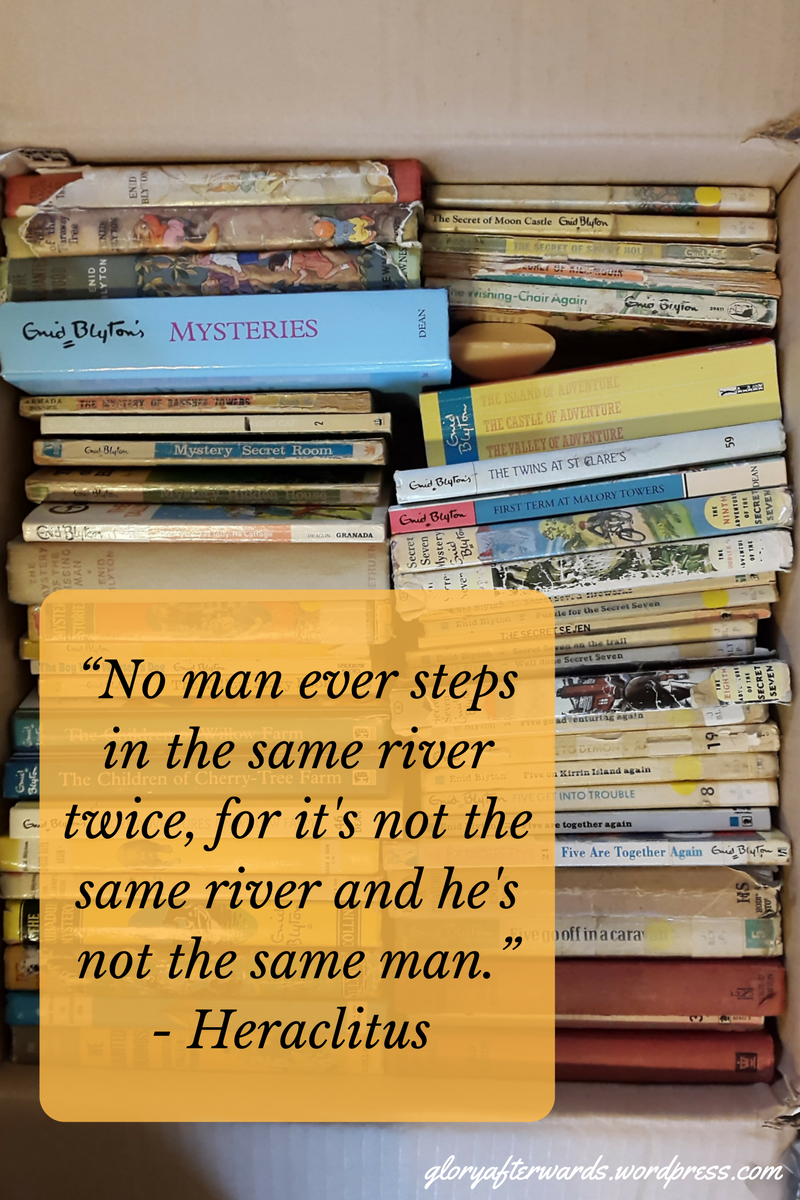


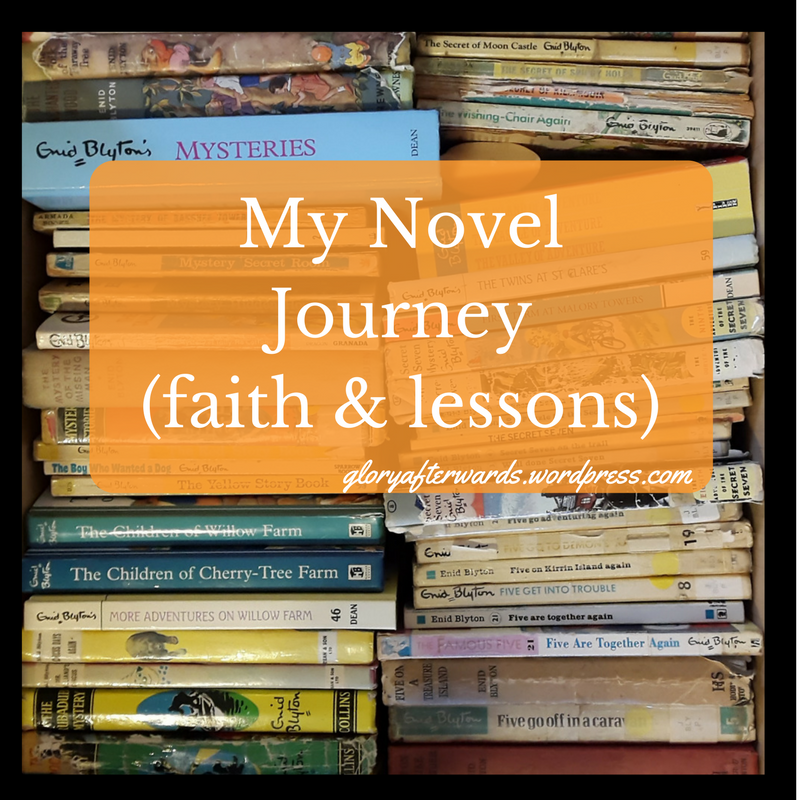

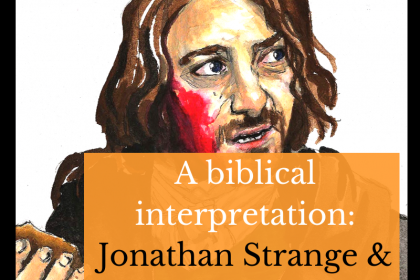



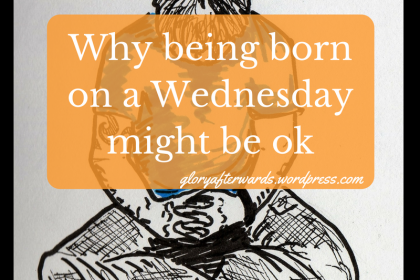
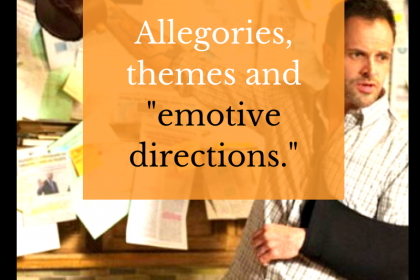
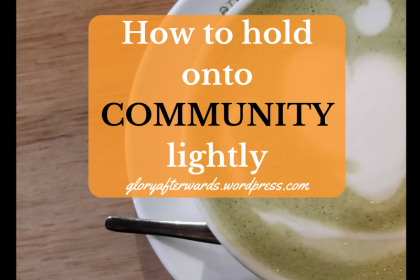
[…] spent a week re-writing and revising an adult historical novel for a competition. I wouldn’t have had this chance if I’d been overseas, and it was a […]